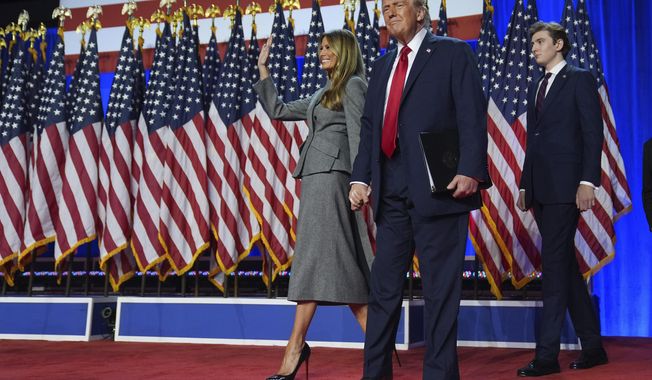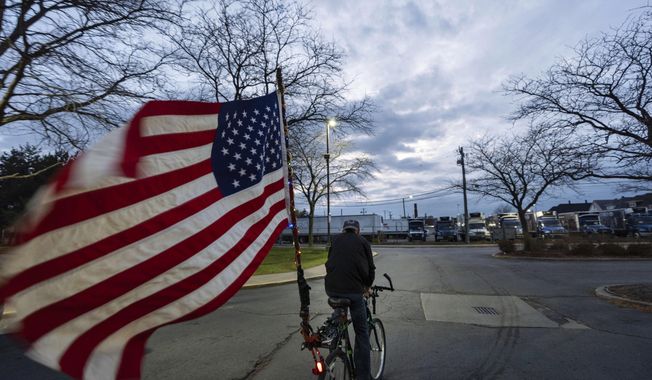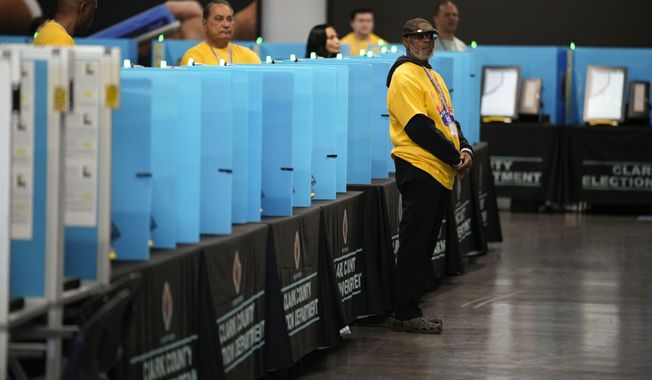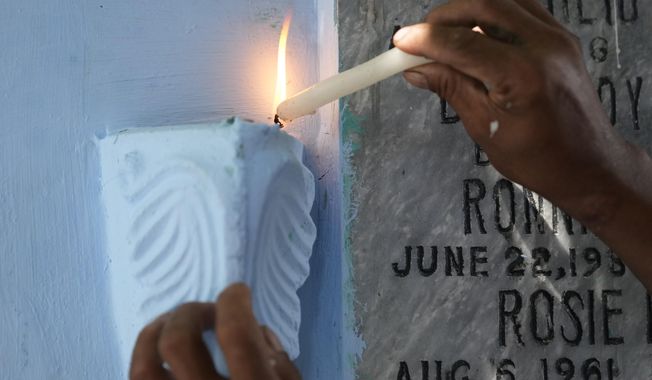
FILE - In this Aug. 17, 2018 file photo, family and friends who lost loved ones to opioid overdoses protest outside the headquarters of Purdue Pharma, maker of the maker of painkiller OxyContin, in Stamford, Conn. The World Health Organization notified U.S. lawmakers Wednesday, June 19, 2019, that it will discontinue two publications on opioid painkiller prescribing, in response to allegations that the pharmaceutical industry influenced the reports. The pledge to remove the guidelines - viewed around the world as best practices in public health - comes a month after U.S. Reps. Katherine Clark and Hal Rogers accused the WHO of being influenced by Purdue. The lawmakers’ report claimed the guidelines were crafted by organizations with financial ties to the company, who worked to downplay risks addiction and overstate the benefits of opioids. Purdue has denied the allegations. (AP Photo/Jessica Hill, File)
Featured Photo Galleries
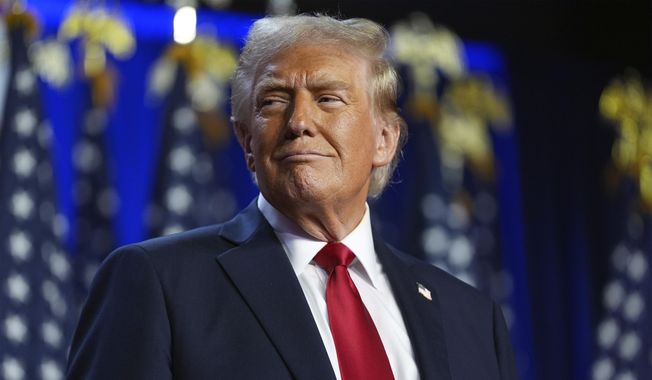
Trump Transition: Here are the people Trump has picked for key positions so far
President-elect Donald Trump has announced a flurry of picks for his incoming administration. Get full coverage of the Trump transition from The Washingon Times.
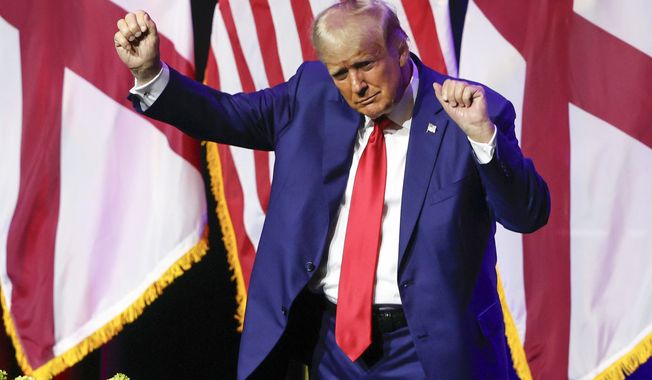
Trump dances onstage, takes post-election nation by storm
President-elect Trump dances onstage




